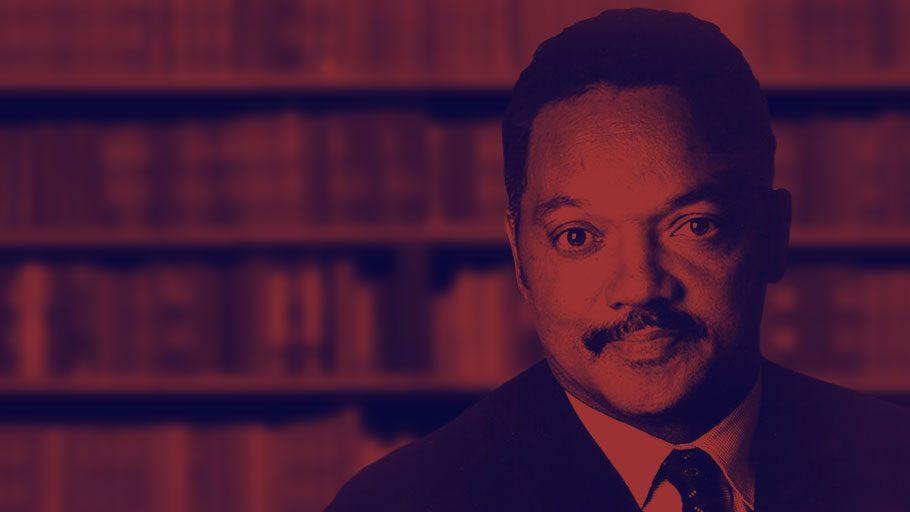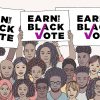When young Americans come alive, they transform the possible. We saw that in 2008 when young Americans — the millennial generation of 18- to 29-year-olds — voted in large numbers (larger than the aging baby boomers), and overwhelmingly for Barack Obama. They cast almost one out of every six votes in that election and voted for Obama by a 2-to-1 ratio. We saw what happens when they are discouraged in 2010, when young voter turnout fell a staggering 60 percent, and a Tea Party Congress was elected.
What will young voters do in 2012? The president showed his concern by kicking off his campaign with speeches on two college campuses. The New York Times reports young people are more discouraged and disaffected than ever. The youngest voters particularly — the 18- to 24-year-olds — are struggling in the worst economy since the Great Depression. Obama still leads Romney by 12 points in early polls, but that is half his lead among 25- to 29-year-olds. Many are undecided and many turned off and tuned out.
Young voters are still largely Obama territory. Today’s aging, white, Southern-dominated Republican Party has little appeal. Millennials are the most diverse generation in our history. They are the most accepting of equal rights for all — minorities, gays and women. Most can’t even imagine that we’re arguing about birth control in the 21st century.
The president reflects their values far more than his opponent. Obama fought to free student loans from the private banks, to extend Pell grants and defend lower student loan rates. He is bringing young men and women home from Iraq and Afghanistan, while Romney calls for more war. His Justice Department is defending the right to vote against efforts by Republicans in various states to erect obstacles against the young. He defended Planned Parenthood when the Republican Congress targeted it. He’s pushed for renewable energy and common sense on catastrophic climate change, against the “Drill, baby, drill” Republicans. It’s no wonder current polls show Romney winning only 29 percent of the millennial vote, less than John McCain garnered in spring polls four years ago.
But while Obama will win the most young votes, the question is how many will vote? The overwhelming issue for young people is jobs, and the jobs picture is lousy. Nearly one in four 18- or 19-year-olds was unemployed in May, according to the Bureau of Labor Statistics. For 20- to 24-year-olds, the rate is 12.9 percent. Discouragement, despair and cynicism are the natural result.
The campaigns are gearing up their Twitter, text, video, Facebook and other communication capacities. They plan dorm-to-dorm volunteer campaigns. But cool campaign technologies won’t answer the concerns of the young. Young people are looking for a plan to put people to work. Romney’s trickle-down ideas have little appeal — particularly since they entail tax cuts for the already wealthy and deep cuts in education, college support and public services that appeal to the young.
To get young voters excited, Obama will have to offer more than his record. He’ll need to fight for jobs that will give the young a future.
When cynicism or dismay wins out and the young withdraw, unintended consequences result. We saw that in 1968 when Nixon beat Humphrey by the margin of our despair. We saw it in 2010 when only 20.9 percent of young people bothered to vote, and the Tea Party-dominated Republicans took the Congress, leading to two years of partisan obstruction.
Young voters have the power to transform America’s future, but to do so, they have to come alive once more















